Paraguayan journalist wins first Bajo la Lupa investigative reporting grant; Mexican journalist named runner-up


InquireFirst is excited to announce that Paraguayan journalist Aldo Benitez has been awarded our first investigative reporting grant for an environmental project which he will produce as part of our Bajo la Lupa initiative to support investigative journalism by Latin American journalists.
Our international panel of judges also selected a project proposed by Mexican investigative journalist Laura Sanchez Ley as the runner-up in this first call for proposals.
The judges said both proposals “address matters of great public interest, which in one way or another directly impact people’s lives.”
“They are clear research projects, with specific and relevant complaints, from which it can be inferred that the justice system has fallen short in the countries where the stories take place,” the judges wrote. “The informative value of the investigations, their possible transnational impact and the environment in which they take place make it necessary to provide all the support and collaboration possible to help these projects come to fruition.”
Both Benitez and Sanchez Ley will receive reporting grants under the Bajo la Lupa iniciative. Their projects will be published in early 2021.
Benitez, who is the deputy Sunday editor at La Nacion in Paraguay, was hooked on journalism at the age of 19 when he attended a weekly “Young Journalists” program at the prestigious national newspaper in Asuncion, ABC Color. He worked at ABC Color for more than a decade, covering the economy and sports. But he said his real interest lay in covering “the rivers, the forests, what was happening with the environment.”
Since joining La Nacion in 2016, he has focused on investigative reporting and more recently has found ways to merge investigative and environmental reporting. For the past two years he has collaborated with Mongabay LatAm, an online new site focused on conversation and the environment.
Sanchez Ley is a reporter and editor based in Mexico City whose work focuses on government accountability, public policies and access to information. She has 16 years of experience writing and reporting across a variety of platforms, including print, television and online media.
Sanchez Ley was formerly based in the Tijuana – San Diego border region, covering crime, corruption and binational affairs such as immigration, justice, and cross-border policies. Her Bajo la Lupa project focuses on one of the least accountable and most opaque agencies in the Mexican government.
In response to the call for proposals, Bajo la Lupa received numerous investigative project ideas from journalists in Mexico, Guatemala and South America. The panel of judges said that each of the proposals demonstrated the experience and knowledge of the Latin American journalists who participated.
The judges singled out Benitez’s proposal, saying it “has great narrative potential, as well as the possibility to expose environmental damage that has been going on for far too long with impunity.”
“These qualities made this project the winner,” the judges said.
Of Sanchez Ley’s proposal, the judges said her “powerful initial reporting based out of Mexico led us to consider the project for the support of InquireFirst as well.”

Alejandra Gutiérrez Valdizán, a prominent reporter and editor with experience in written, audiovisual and digital journalism, will serve as project editor. She has focused her career on in-depth and narrative journalism, specializing in issues of human rights, transitional justice, the environment, and security and violence.
Her work, individually or as a team, has been a finalist for the Daniel Pearl Awards (2013), the Gabriel García Márquez Prize of the FNPI (2014), and the Inter-American Press Society (2013/2014). She has been a university professor, teaching investigative journalism courses and instructing workshops and trainings on communication, journalism and editorial and digital media management.
In December 2017, she co-founded Agencia Ocote in Guatemala, where she is the director. At Agencia Ocote she designs, coordinates and edits the journalistic projects of Agencia Ocote and manages the communication, investigation and editorial services of the Servicios Ocote company.
Bajo la Lupa is funded by Anthony S. Da Vigo, a California attorney who has successfully argued immigration cases of Latin American asylum seekers. Most recently, he funded the completion of a water project in Nicaragua, providing well water distribution to a church, a school and 65 homes.
This new initiative, launched in June 2020, supports in-depth and original reporting by Latin American journalists to expose corruption and abuses of power. The objective of Bajo la Lupa is to encourage investigative journalism that reveals hidden actions by the powerful that affect the citizens of Latin America with the goal of promoting transparency and rule of law.
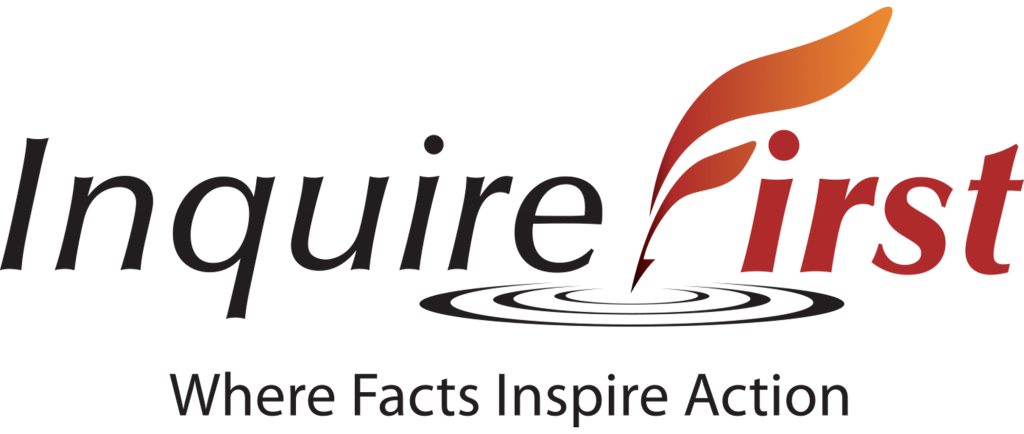








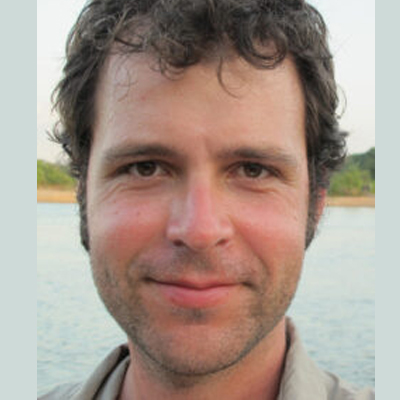
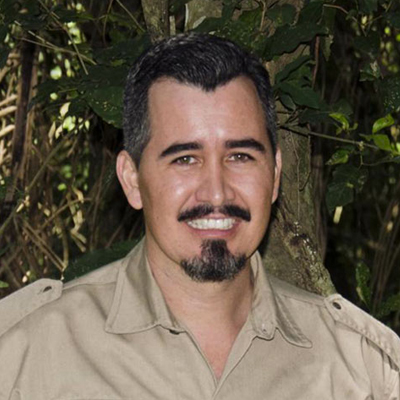










 The Cross-Border Science Journalism Project is directed by S. Lynne Walker, executive director of InquireFirst and a Pulitzer Prize finalist who spent much of her career reporting from Mexico.
The Cross-Border Science Journalism Project is directed by S. Lynne Walker, executive director of InquireFirst and a Pulitzer Prize finalist who spent much of her career reporting from Mexico. Iván Carrillo, a science journalist with more than 20 years of experience as a writer, editor and television anchor, serves as editor of the project.
Iván Carrillo, a science journalist with more than 20 years of experience as a writer, editor and television anchor, serves as editor of the project.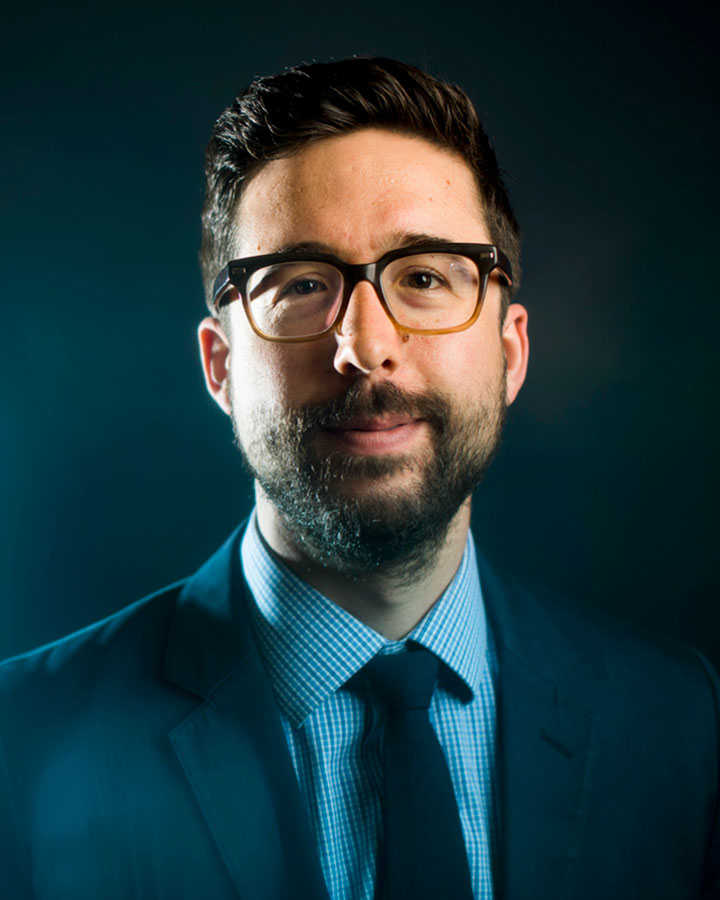 Aleszu Bajak, a science and data journalist who teaches and manages the graduate programs at Northeastern University’s School of Journalism.
Aleszu Bajak, a science and data journalist who teaches and manages the graduate programs at Northeastern University’s School of Journalism.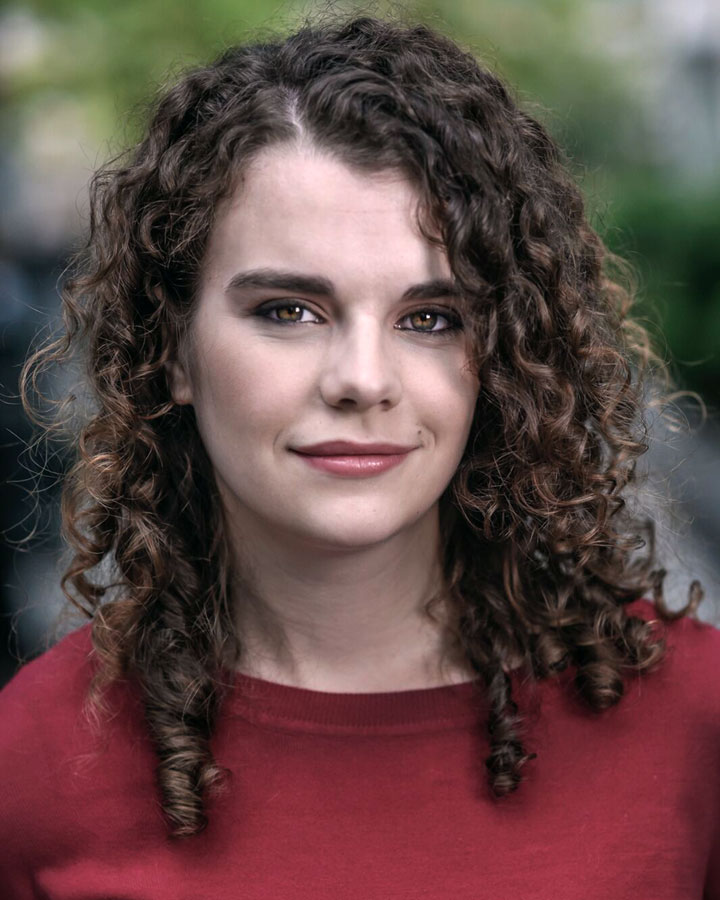 Jane Roberts, the deputy editor of
Jane Roberts, the deputy editor of  Robert Hernández, an associate professor of professional practice at USC’s Annenberg School for Communication and Journalism, who focuses on finding ways that technology and journalism can empower people, inform reporting and storytelling and engage community.
Robert Hernández, an associate professor of professional practice at USC’s Annenberg School for Communication and Journalism, who focuses on finding ways that technology and journalism can empower people, inform reporting and storytelling and engage community.